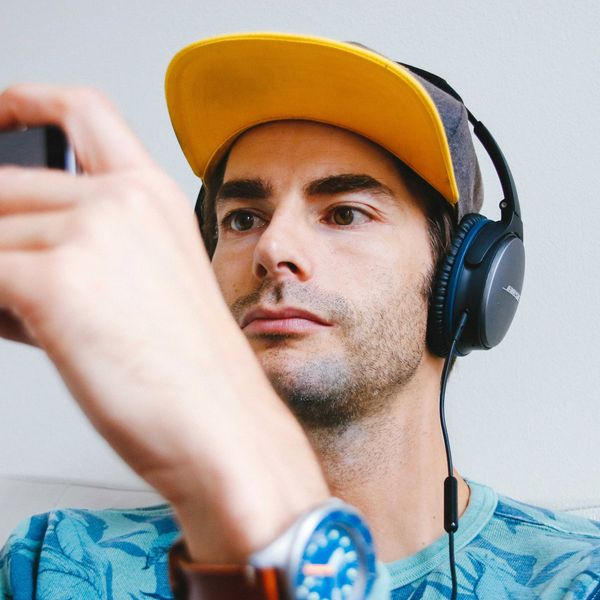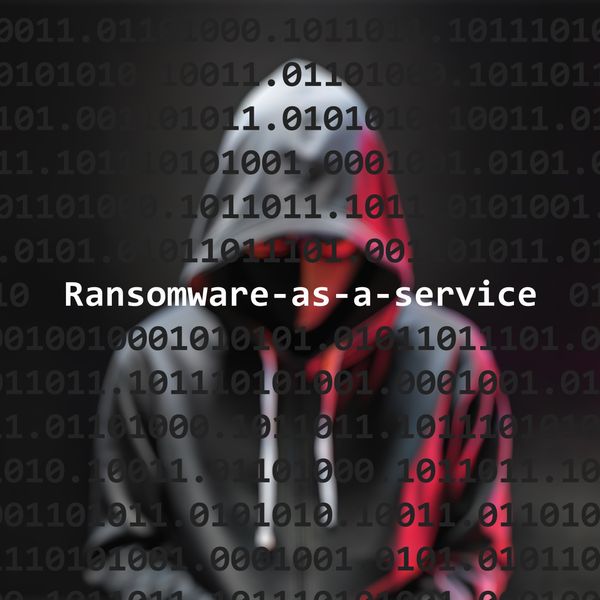
Your iPhone 4: Is It Safe?
Steve Jobs recently unveiled Apple’s new iPhone 4 in San Francisco. And while the new features keep the iPhone at the forefront of technology, they also cause some privacy concerns.
One concern that carries over from previous iPhone models is the always-on iPhone apps that track your every move through the GPS navigation system. Back in April, Apple began allowing location-tracking applications to run in the background. So, for example, if you allow them, companies like FourSquare, Yelp, and Facebook can continuously track your location, providing automatic notifications to your friends when you are less than 1/2 mile away from them.
For an example of the security concerns associated with this kind of tracking, consider a highly confidential client meeting I recently had at the client's corporate headquarters. The fact that I was visiting this company means that the company is probably having data theft issues (and has brought me in to help). If the media finds out that this company is having these issues before the company has had a chance to start the damage control process, their stock will drop far faster than if they have prepared for the news to go public. If Facebook or FourSquare is broadcasting my whereabouts, my followers already know which company is having the problem, their competitors know it (if they are following my GPS broadcasts), and the media sits and waits for me to enter the building. Luckily, I'm not well-known enough for anyone to care, but just in case, I don't broadcast my whereabouts.
Other, far more influential, people keep these tracking programs running without thinking twice about it. But there are ways to utilize all of the cool new technology without letting it control you. With the right knowledge, you can take control of how your information is utilized.
Apple does realize the privacy concerns with location tracking and gives users a way to control how much information is shared. When you open an app, the top bar will show a little arrow in the right-hand corner, indicating location awareness (pictured to the right). There will also be a dashboard where you can toggle location-tracking permissions on and off for different apps. Regardless, this means that more companies will have access you your location than before, and we should be aware that it is going on in the background so that we can make decisions from a position of power.
High-definition video is a second tool that will be used by data spies. What could be easier than for an identity thief to pretend they are on the phone as they are actually filming you typing in your ATM PIN in front of them?
How does the iPhone 4 increase that threat? Because hi-definition means that they can stand further away and still get high quality video with which to read your data. A simple sweep of an office desk, or a client file, with high definition video gives me all of the documents I need to learn more about your company. Think of it as a spy camera that provides thousands of pictures a minute and is hidden as the most ubiquitous device on the planet -- a cell phone.
There is no silver bullet solution to the new problems posed by GPS and Hi-Def video. As we teach in our Privacy Survival Boot Camps, what is required is an integrated privacy plan that implements some of the following steps:
- Proper usage guidelines for social networking and GPS to make users aware of the consequences of their actions using these tools
- Classification systems and clean-desk policies (so that a confidential document isn't left out on the desktop to be filmed in the first place)
- Access privileges (to keep non-authorized personnel from accessing sensitive areas)
- Employee fraud training (to make everyone in the company aware of these issues and give them more detailed tools to protect themselves and the company)
The iPhone 4 is a wonderful business tool that will drastically increase the productivity and the connectivity of the workforce. But like any powerful tool, it can be used for dishonest purposes. The first step is to educate yourself and your staff on how these tools can be used, for good or evil.
To further bulletproof yourself and your business, visit John's blog at https://www.Sileo.com. To book John at your next event, visit https://www.ThinkLikeaSpy.com. John Sileo became America's leading Identity Theft Speaker & Expert after he lost his business and more than $300,000 to identity theft and data breach. His clients include the Department of Defense, Pfizer, and the FDIC.



